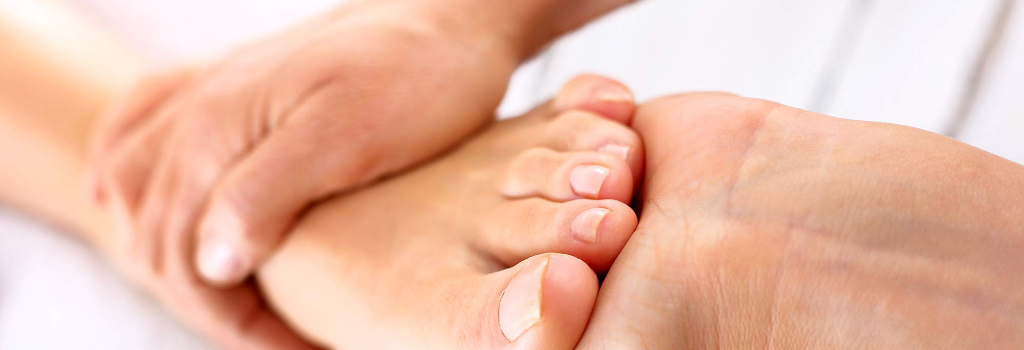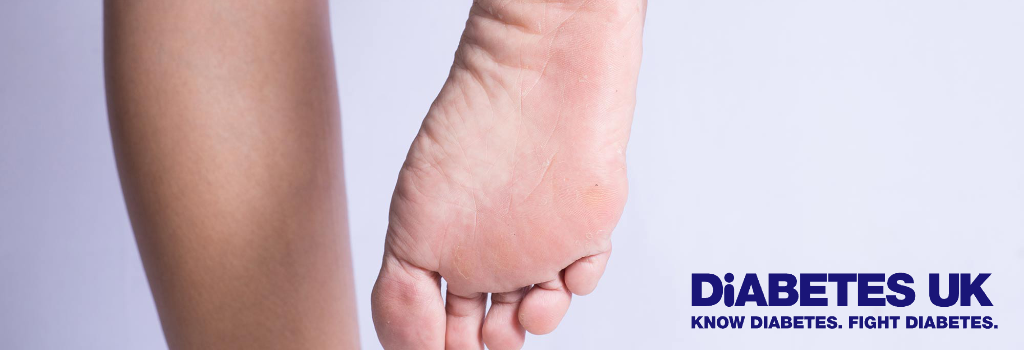Shuropody launch new foot care service
Shuropody (www.shuropody.com ) are the UK's largest private provider of chiropody and podiatry services, offering 150 clinics nationwide serving more than 250,000 patients each year. Shuropody employ over 160 qualified Podiatrists who can offer patients a range of treatments, including; chiropody, biomechanical assessment, custom made orthotics, cryotherapy and nail surgery, and most recently a diabetes foot care assessment. In each of Shuropody's foot clinics customers will find a Footcare Assistant (FCA). Shuropody have over 300 FCAs who support the Chiropody Clinic-Service that the company provides as a service, these FCAs are...







